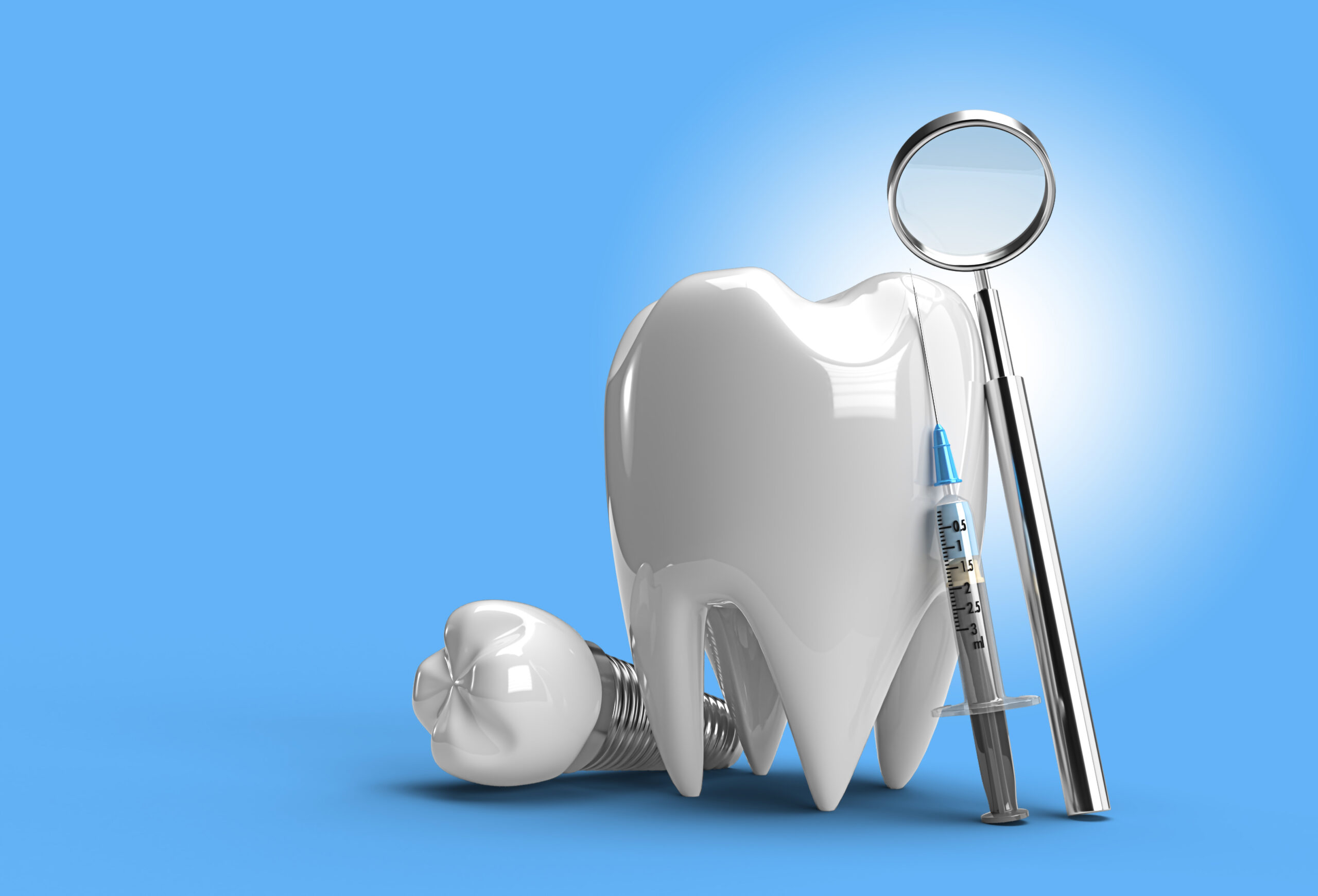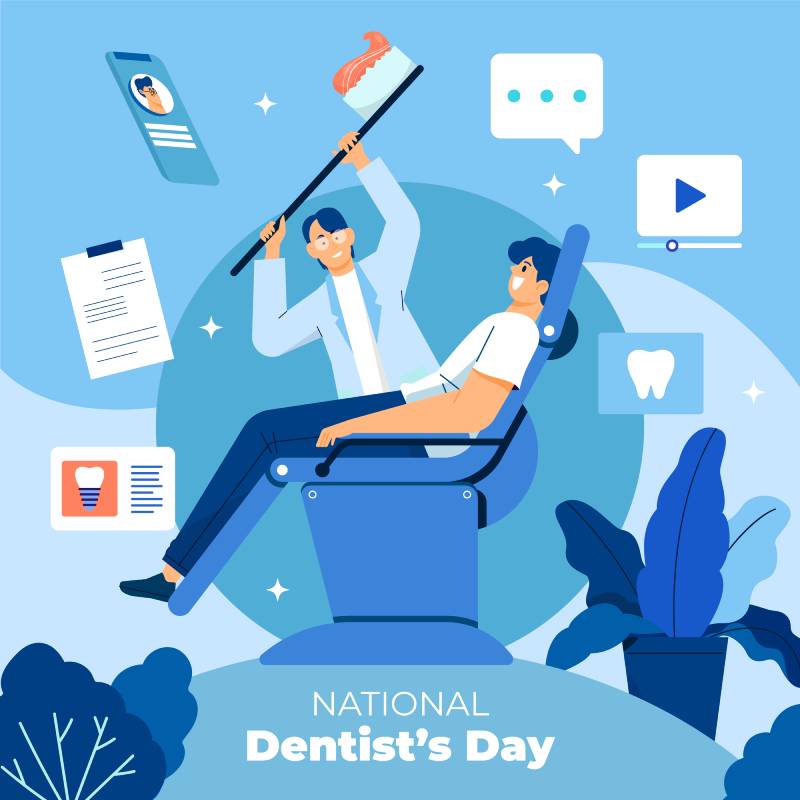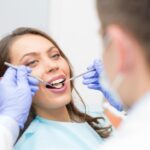The Rise of Dental Tourism
Dental health is an essential aspect of overall well-being, but the rising cost of treatments in some regions has led many to seek alternatives abroad. Enter dental tourism, a growing industry that combines high-quality care with the opportunity to travel. This innovative approach is revolutionizing how individuals access affordable dental services while exploring global destinations.
The concept of dental tourism has gained significant traction in recent years. Patients from countries like the United States, Canada, and the UK are increasingly traveling to nations such as Turkey, Mexico, and Thailand for dental treatments. The appeal lies in the ability to receive top-tier services at a fraction of the cost back home. Coupled with a vacation experience, this trend has turned dental care into a global adventure.
Why Choose Dental Tourism?

The primary driver for choosing dental tourism is cost savings. Complex procedures like implants, veneers, and full-mouth restorations can be prohibitively expensive in certain countries. By opting for care abroad, patients often save up to 70% on their treatment costs. Additionally, dental clinics in popular dental tourism destinations offer cutting-edge technologies and internationally trained professionals, ensuring quality is not compromised.
Popular Destinations for Dental Tourism
Turkey: Renowned for its advanced techniques and affordability, Turkey has become a leading hub for dental tourism. Cities like Istanbul offer world-class clinics alongside rich cultural experiences.
Mexico: For North Americans, Mexico provides accessibility and cost-effective treatments. Border cities like Tijuana and Cancun are hotspots for dental procedures.
Thailand: Known for its luxurious care, Thailand blends top-notch dental services with tropical getaways, making it a favorite among dental tourism enthusiasts.
Hungary: As Europe’s dental capital, Hungary offers high-quality treatments and historic charm.
What Treatments Are Commonly Sought in Dental Tourism?
Patients traveling for dental tourism often seek a variety of procedures, including:
Dental Implants: A permanent solution for missing teeth.
Veneers: For a flawless smile transformation.
Teeth Whitening: Achieve a brighter smile in a single visit.
Orthodontics: Braces or aligners tailored to your needs.
Full-Mouth Reconstruction: Comprehensive solutions to complex dental issues.
These procedures are performed in state-of-the-art facilities, ensuring that the standards match or exceed those of Western countries.

Is Dental Tourism Safe?
Safety is a common concern when considering dental tourism. Reputable clinics in well-established destinations are often accredited by international health organizations. Researching the credentials of clinics and their practitioners is crucial. Patient reviews, certifications, and transparent pricing are key indicators of a trustworthy provider. With proper due diligence, dental tourism can be as safe as receiving care in your home country.
Combining Dental Care with Travel
One of the unique aspects of dental tourism is the ability to pair treatments with a vacation. Many patients plan their visits to allow recovery time in picturesque settings. For example, after a dental implant procedure in Thailand, patients can relax on serene beaches. This combination of healthcare and leisure enhances the overall experience and makes dental care less daunting.
The Economic Impact of Dental Tourism
The rise of dental tourism has had significant economic benefits for host countries. It drives revenue for clinics, boosts local economies, and promotes cultural exchange. For patients, it creates a competitive market that motivates domestic providers to improve quality and pricing. This win-win situation ensures the continued growth of the dental tourism industry.
What to Know Before Planning Your Dental Tourism Journey
Before embarking on a dental tourism journey, patients should consider:
Research: Investigate clinics, read reviews, and verify credentials.
Travel Logistics: Factor in the cost of flights, accommodation, and meals.
Follow-Up Care: Ensure that aftercare options are available in case of complications.
Communication: Choose clinics with fluent English-speaking staff to avoid misunderstandings.
Planning ahead ensures a smooth and stress-free experience.
Conclusion
Dental tourism offers an innovative solution to the challenges of accessing affordable and high-quality dental care. By combining advanced treatments with the opportunity to explore global destinations, it has transformed how individuals approach oral health. Whether it’s cost savings, exceptional care, or the allure of travel, dental tourism has become a compelling option for patients worldwide. With careful planning and research, this journey can be both life-changing and enriching.
Frequently Asked Questions
- What is dental tourism?
Dental tourism involves traveling to another country to receive dental care, often at a lower cost than in one’s home country. - Is dental tourism safe?
Yes, when choosing reputable clinics with verified credentials, dental tourism can be a safe and effective option. - Which countries are popular for dental tourism?
Turkey, Mexico, Thailand, Hungary, and Costa Rica are among the top destinations for dental tourism. - What treatments are commonly sought in dental tourism?
Patients often seek implants, veneers, teeth whitening, orthodontics, and full-mouth reconstructions. - How much can I save with dental tourism?
Savings can range from 30% to 70%, depending on the procedure and destination. - Can I combine dental tourism with a vacation?
Absolutely. Many patients plan recovery time to explore the cultural and natural attractions of their destination. - How do I choose a clinic for dental tourism?
Research reviews, check certifications, and verify the clinic’s accreditation to ensure quality care. - Are follow-up treatments included in dental tourism packages?
Many clinics offer aftercare services or provide recommendations for follow-up care. - Do dental tourism destinations offer modern technology?
Yes, top destinations often utilize cutting-edge equipment and techniques on par with Western standards. - Can language barriers be an issue in dental tourism?
Most reputable clinics have English-speaking staff to facilitate clear communication with international patients.












